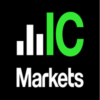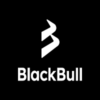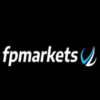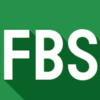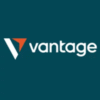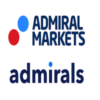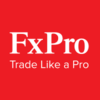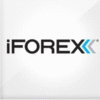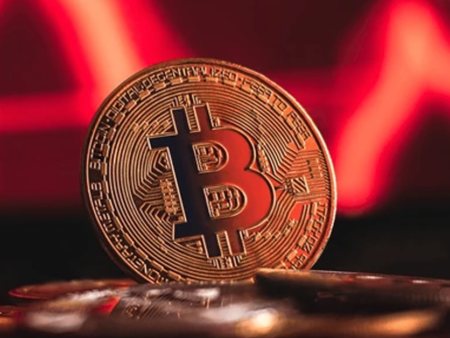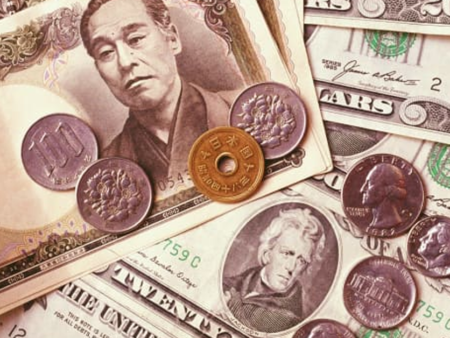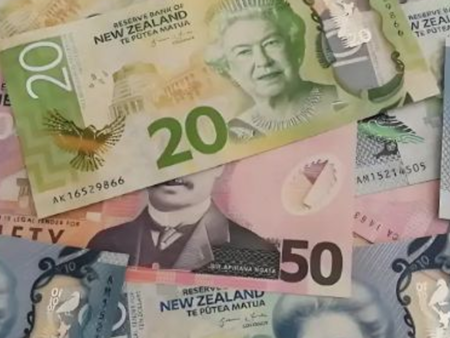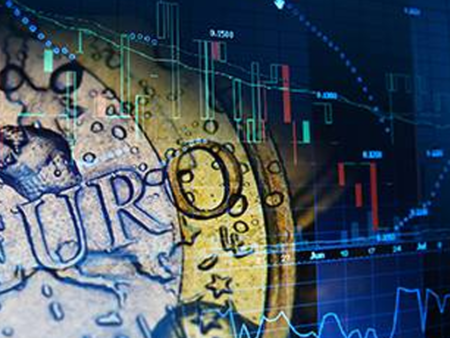Key Features of the Best Regulated Brokers
When choosing a regulated broker, key factors such as leverage, spreads, trading platforms, and asset variety are crucial in ensuring a secure and efficient trading experience. Below are the essential features that define top-tier regulated brokers, along with specific details for clarity.
1. Strict Regulatory Oversight
Leading brokers operate under the supervision of top-tier regulatory authorities. For example, HFM is regulated by CySEC, FCA, DFSA, and FSCA, while XtremeMarkets is governed by FSC. These regulations ensure strict financial and operational transparency, providing traders with peace of mind.
2. Fund Protection and Segregated Accounts
To safeguard traders’ capital, top brokers maintain client funds in segregated accounts, preventing their misuse in operational expenses. Brokers like XtremeMarkets and BDSwiss adhere to these measures, enhancing fund security. Under ,FSC,ASIC regulations, FP Markets also offers access to 10,000+ instruments, creating a vast and secure trading environment.
3. Account Types and Execution
The best brokers provide direct market execution accounts, ensuring traders access real-time pricing with minimal intervention. Brokers like FP Markets and XtremeMarkets offer raw spread accounts with ultra-low spreads starting from 0.0 pips and a commission of $3 per lot. Meanwhile, standard accounts at brokers like HFM and BlackBull Markets provide spreads from 1 pip and 0.8 pips, respectively.
4. Leverage and Competitive Spreads
Leverage varies based on the broker and regulatory jurisdiction. XtremeMarkets offers leverage up to 1:2000, while FP Markets and BlackBull Markets maintain a more balanced 1:500. Competitive spreads are also vital—BlackBull Markets and EightCap offer spreads from 0.8 pips, whereas HFM and FP Markets start at 1 pip.
5. Advanced Trading Platforms
A robust trading experience depends on access to top-tier platforms. Leading brokers provide MetaTrader 4 (MT4) and MetaTrader 5 (MT5), catering to traders of all levels. For instance:
- XtremeMarkets supports MT4, MT5, and the XtremeMarkets App.
- FP Markets offers cTrader and IRESS alongside MT4/MT5.
- BlackBull Markets integrates TradingView with its MT4/MT5 platform, enhancing charting and analysis.

How to Avoid Forex Trading Scams
While the Forex market offers great profit potential, it also attracts scams and fraudulent schemes. To trade safely, understanding how to identify and avoid scams is essential.
Scam Prevention Tips
1. Verify Broker Regulation
Always choose a broker regulated by reputable financial authorities such as:
- ASIC (Australian Securities and Investments Commission)
- FCA (Financial Conduct Authority, UK)
- CFTC (Commodity Futures Trading Commission, US)
Regulatory bodies enforce strict compliance and financial security. Always check a broker’s license on the regulator’s official website before opening an account.
2. Research Broker Reputation
Before registering, investigate the broker’s reputation:
- Read independent reviews on websites like Trustpilot.
- Look for negative feedback or unresolved complaints.
- Be cautious of brokers with limited online presence or poor trader ratings.
3. Beware of “Too-Good-To-Be-True” Promises
If a broker guarantees massive profits with little or no risk, it’s likely a scam.
- High returns always come with high risks—beware of offers that claim otherwise.
- Fraudsters often lure traders with “sure wins” or risk-free investments.
4. Check Leverage Limits
Unregulated brokers often offer extreme leverage to attract traders, but this can lead to massive losses.
- Regulated brokers provide leverage within reasonable limits (e.g., 1:30 in Europe, 1:500 internationally).
- Avoid brokers promoting 1:1000 or higher leverage without proper risk warnings.
5. Verify Contact Information
Legitimate brokers provide clear and accessible contact details, including:
- Physical address
- Phone number
- Customer support availability
If a broker lacks verifiable contact details, it’s a red flag.
6. Educate Yourself
Knowledge is your best defense against scams.
- Learn Forex trading strategies, market analysis, and risk management.
- Stay updated on industry news to recognize fraudulent practices.
7. Avoid Unsolicited Offers
Scammers often use:
- Cold calls, spam emails, and aggressive social media promotions.
- Promises of “exclusive” trading opportunities.
If it sounds too good to be true, it probably is.
8. Use a Demo Account First
Before depositing real funds:
- Test the broker’s platform and services with a demo account.
- Ensure they offer smooth execution, transparent pricing, and quality customer service.
Common Forex Trading Scams
1. Ponzi & Pyramid Schemes
Fraudsters promise high returns by using new investors’ money to pay earlier investors.
- These schemes collapse when no new investors join, causing massive losses.
- Always question unrealistic return guarantees.
2. Fake Signal Providers
Some services sell expensive Forex signals, promising guaranteed profits.
- While some legitimate services exist, many are scams.
- Verify past performance and real user reviews before subscribing.
3. Fraudulent Forex Robots & Automated Systems
Scammers promote “magic” trading robots that claim to generate profits effortlessly.
- While some automated systems work, many are designed to drain your funds.
- Always research third-party verification and user feedback before purchasing.
4. Clone Brokers & Impersonation Scams
Scammers create fake versions of reputable brokers with similar names and branding.
- Always verify the broker’s website domain and cross-check contact details with official regulatory records.
5. Phishing & Data Theft
Fraudsters send fake emails or create lookalike websites to steal your login credentials.
- Never click on suspicious links or share sensitive information via email.
- Always check the website URL before entering credentials.
6. Referral & MLM Scams
Some brokers offer high referral bonuses, leading to aggressive recruitment tactics.
- Be cautious of schemes that prioritize referrals over real trading benefits.
7. Unregulated Brokers with Fake Bonuses
- Offshore, unregulated brokers often lure traders with big deposit bonuses.
- These brokers may block withdrawals or disappear with your money.
- Always trade with regulated brokers headquartered in reputable financial jurisdictions.
